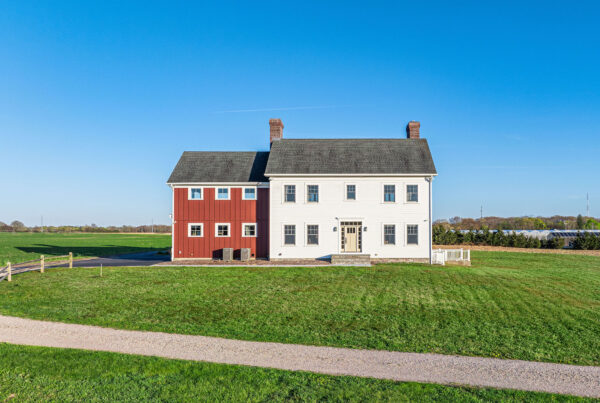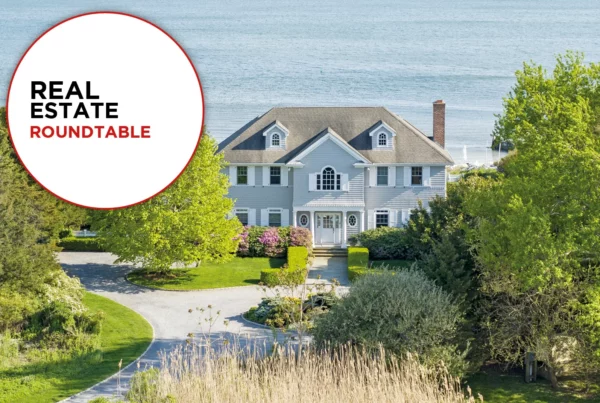Pricing a home for sale is both an art and a science—and could mean the difference between a quick sale and a listing that sits on the market for months. Here are some best practices to help you set a price that’s designed to sell:
The Science
You can’t get serious about pricing until you have gathered a significant amount of data essential to setting an appropriate price.
Good real estate agents can help reveal “the comparables,” says Corcoran associate broker Cara Sadownick. “We’ll show
This data include similar properties that are for sale, under contract, in closing or have recently sold. You also need to find out how the potential price of your home compares to that of the newest homes in your market and to homes of the same age. Attending open houses in your area can also ensure you’re setting an appropriate price.
The Art
Once you have all the data, you have to assess it correctly to come up with the right price point. You’re looking for a number that’s attractive in your market, but that also can ultimately bring you the net profit you want from the sale.
Ask yourself, “What do I need to walk away with?” according to Sadownick. Knowing your minimum net profit informs a lot about how you set your price.
Price vs. Value
While you as seller set the price, the market sets the value—what a buyer will realistically pay. So you must understand what cost the market can really bear and then set a price point that can maximize value.
For example, in pricing a $10 million dollar property, “You might leave some room for negotiating,” Sadownick says, because of such a substantial price point.
With a property that’s $2 million or under, “You’re more likely to price it a little bit under where the market actually is to gather more interest and more offers, which can potentially drive the price up,” according to Sadownick.
What’s Your Timing?
If you need to sell by a certain date, an overheated price can work against you, throwing off your desired timeline. Also, the longer you’re on the market, the higher risk of decreased value.
“Properties that have been on the market for longer than 180 days are going to sell, for an average, at 9.8 percent less than the asking price,” says Corcoran associate broker Brian Meier. “So it is a hindrance to go to market with a prie well above your property’s value.”









